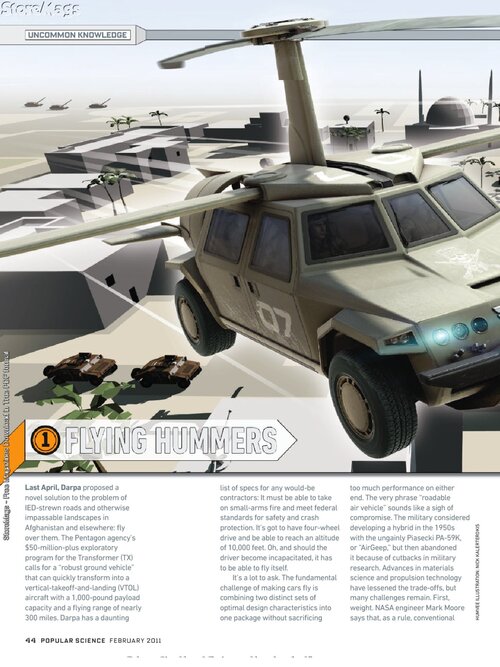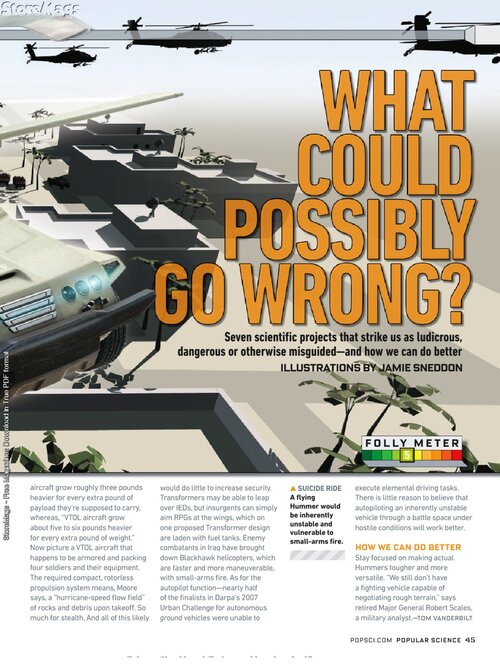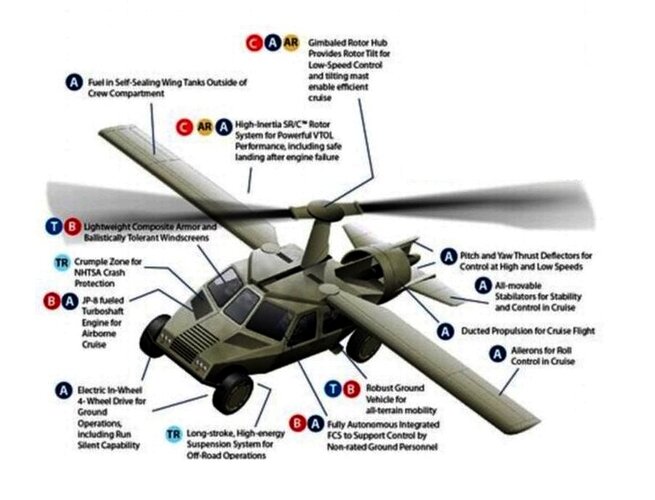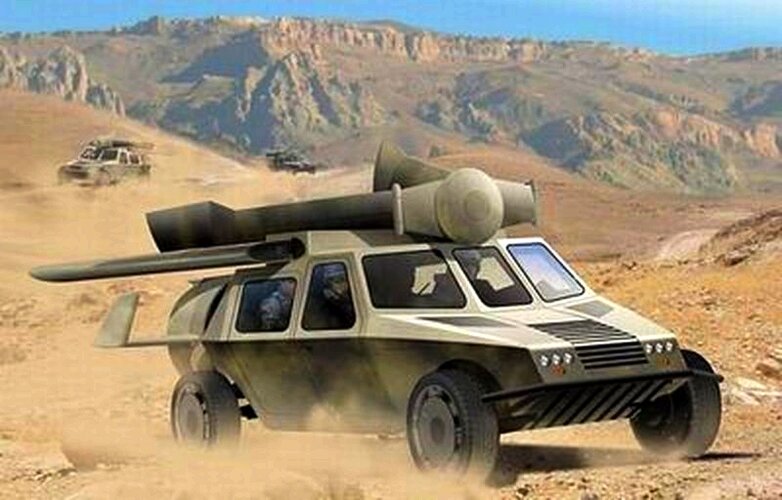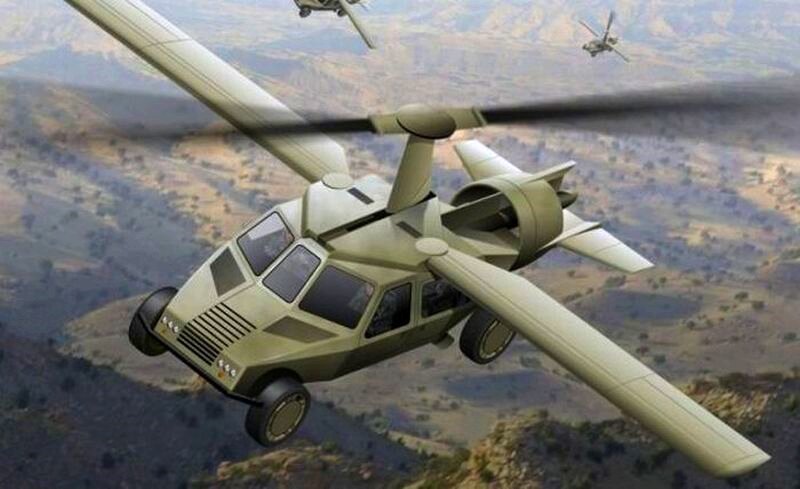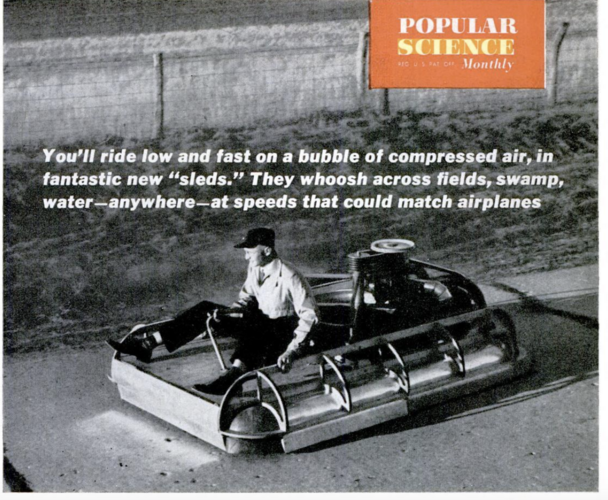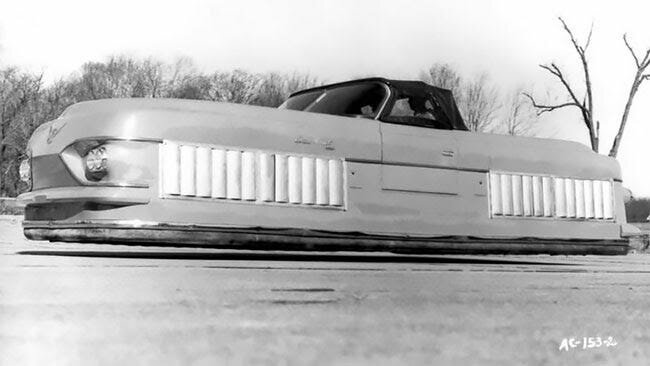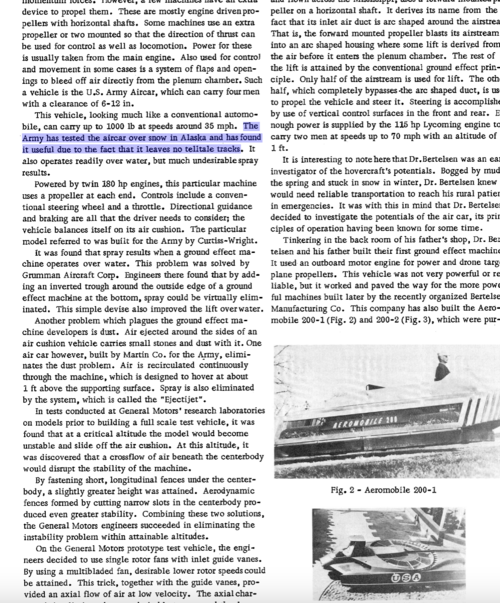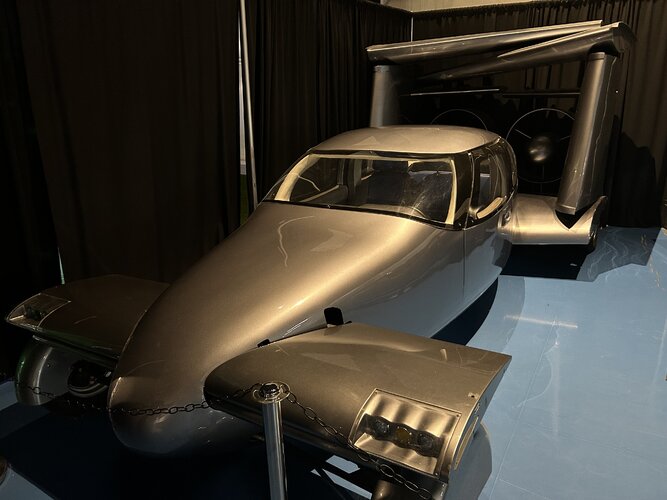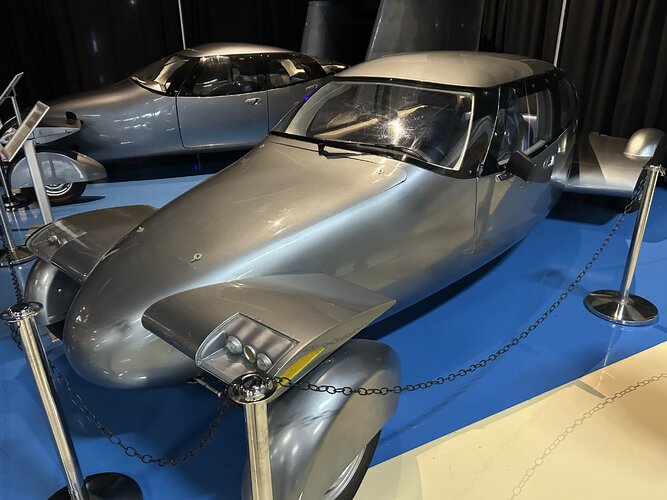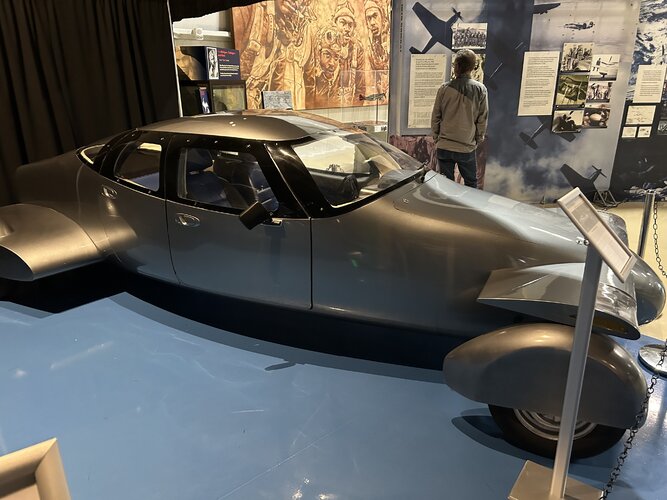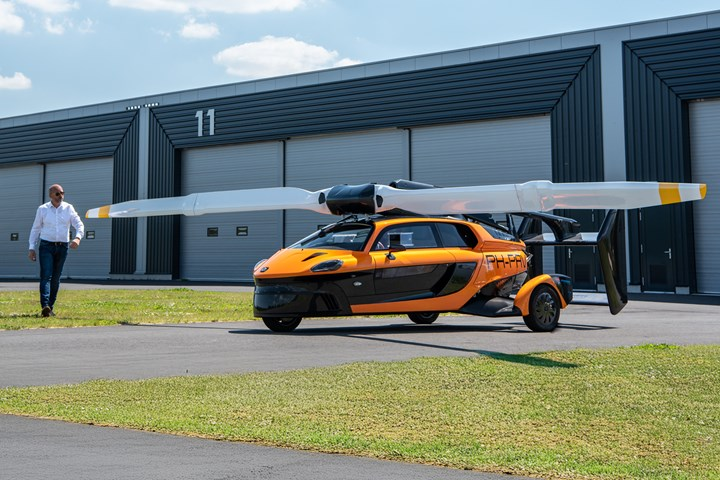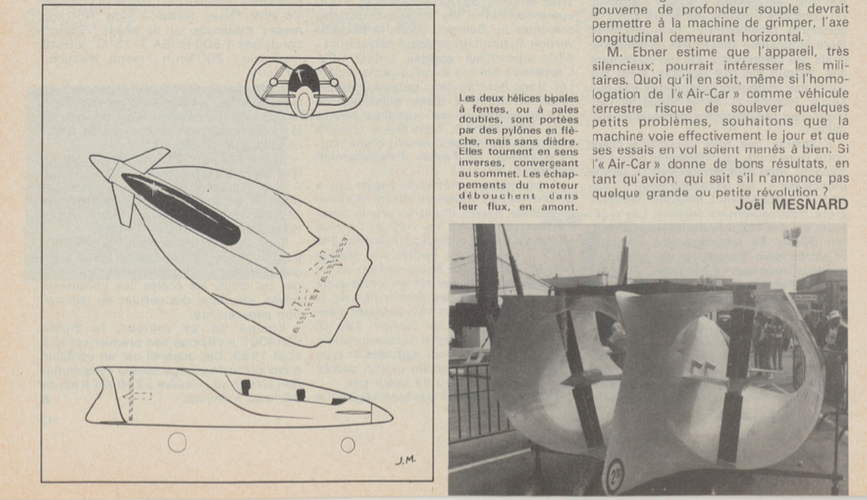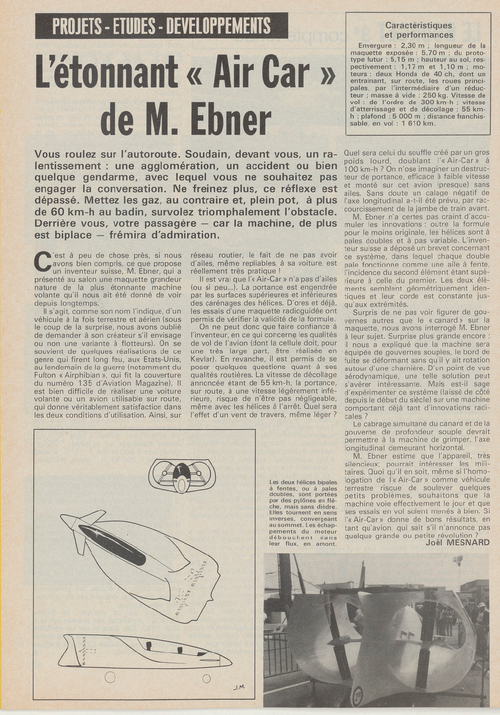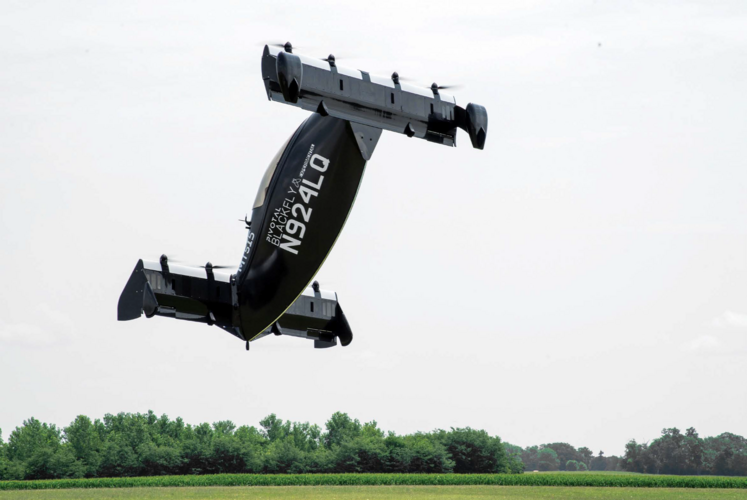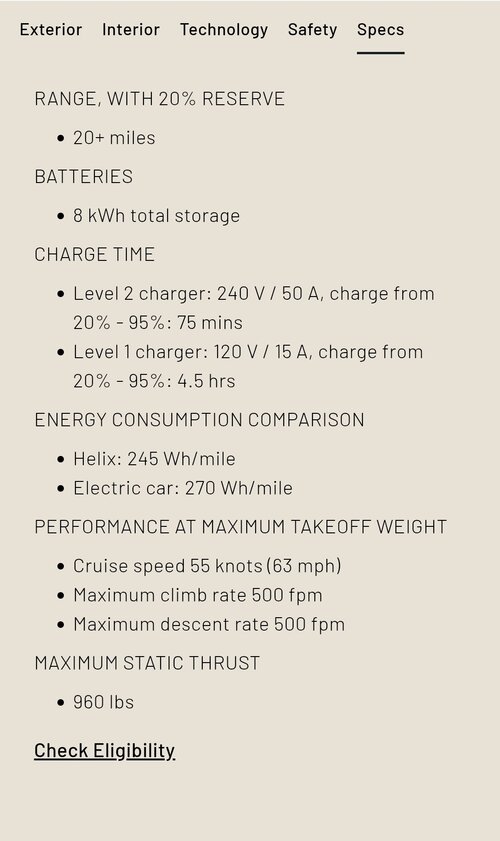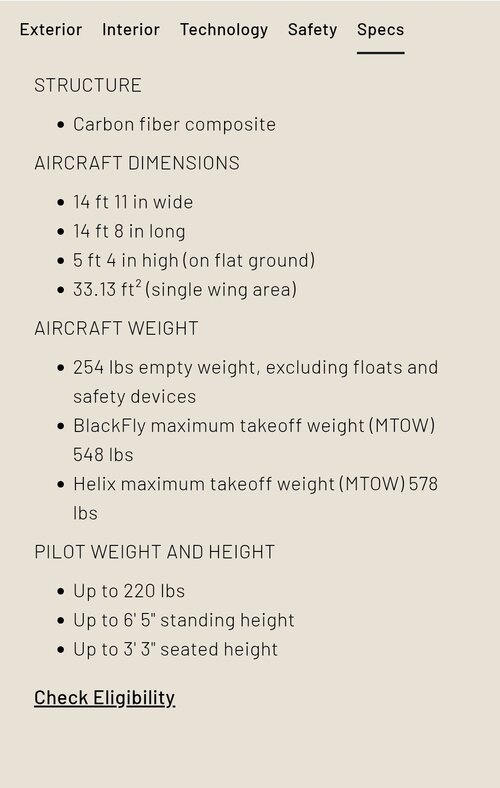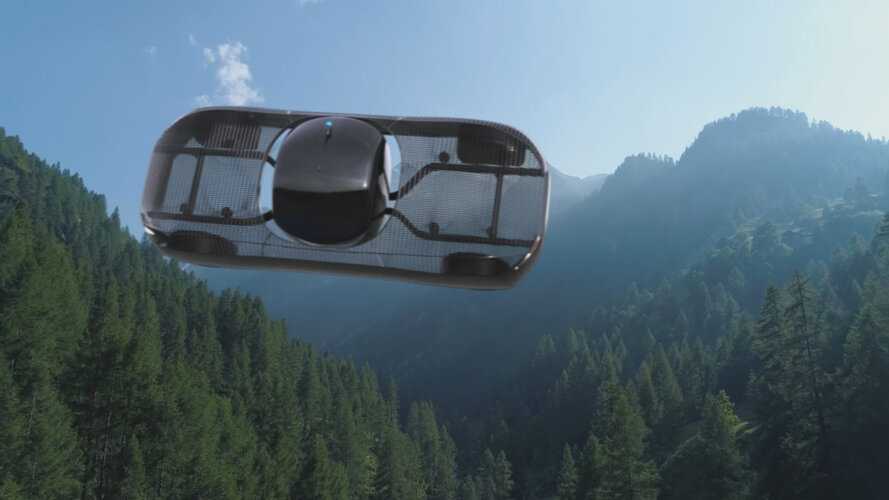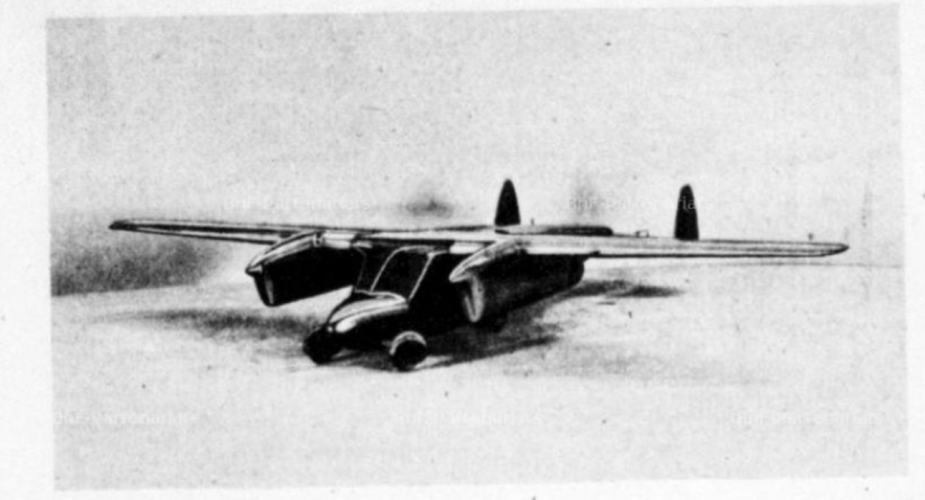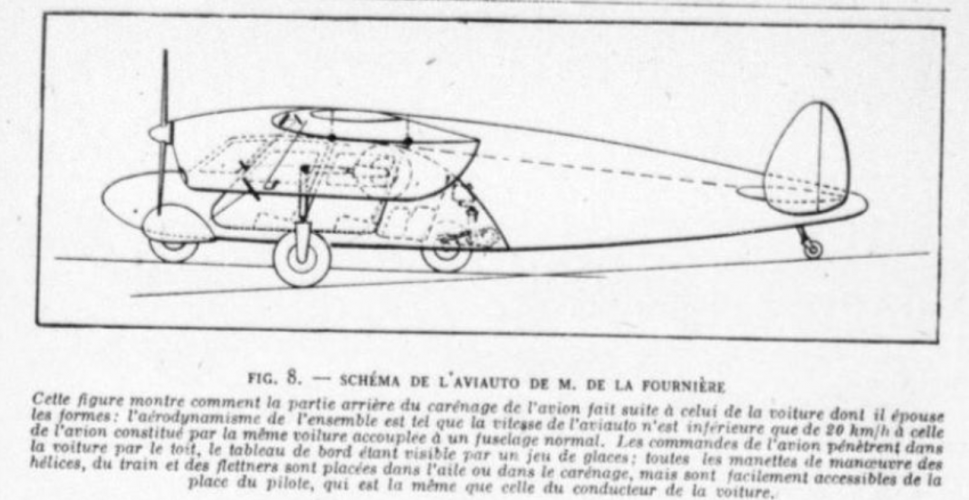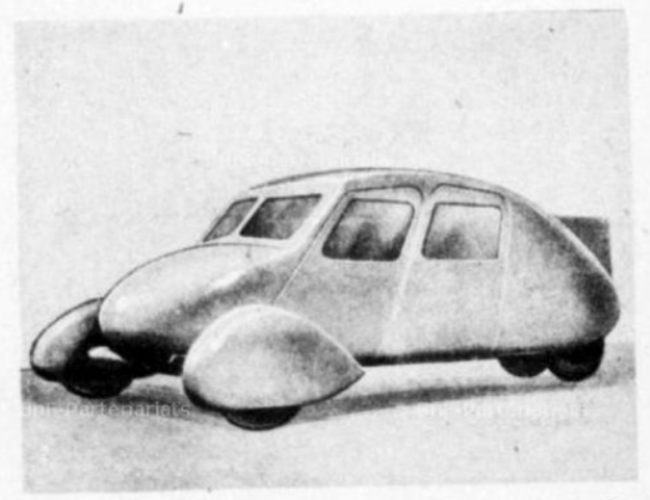A bit more from the Beeb.
From science-fiction to the real world, flying cars are here - but could the concept actually take off?

www.bbc.com
Here's why it's so oddly symmetrical - at higher speeds it's supposed flip on its side while the cockpit rotates.
View attachment 760644
Alef flying car. The first real flying car.

alef.aero
There are enough red flags to rival a Chinese military parade. 'We had to stay half a football field away', 'We didn't get so see a pilot get into or out of it', and 'you can't see inside because intellectual property blah blah', for starters.
Beware of startups 'demonstrating' their products. Faraday Future claimed to show off the self-driving capabilities of their car, except that it didn't work and it was driven on to a darkened stage by a driver behind heavily tinted glass. They eventually delivered 17 (!) vehicles with restricted capabilities and are now planning to badge engineer Chinese SUVs. Nikola - now bankrupt and undergoing liquidation - infamously filmed its electric truck rolling down a slope with no power whatsoever. The supposed reveal of Musk's Optimus robot was literally a man in a suit and later appearances at the 'We, Robot' event of apparently real hardware was heavily stage-managed with remote control substituting for 'interaction.'
Take it with a grain of salt? How about dehydrating the Red Sea? Anyway, it's passé - everyone's doing crypto these days.


